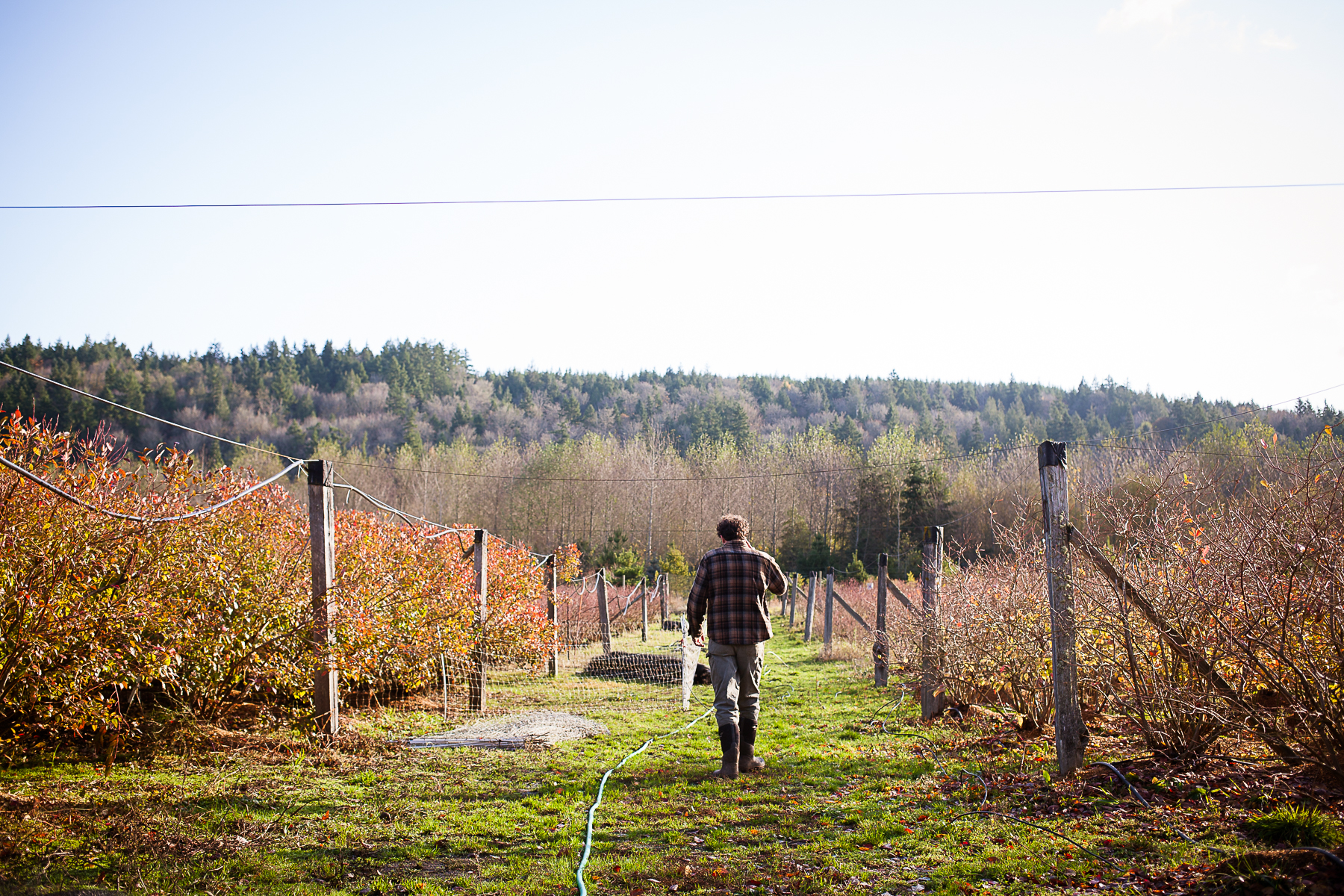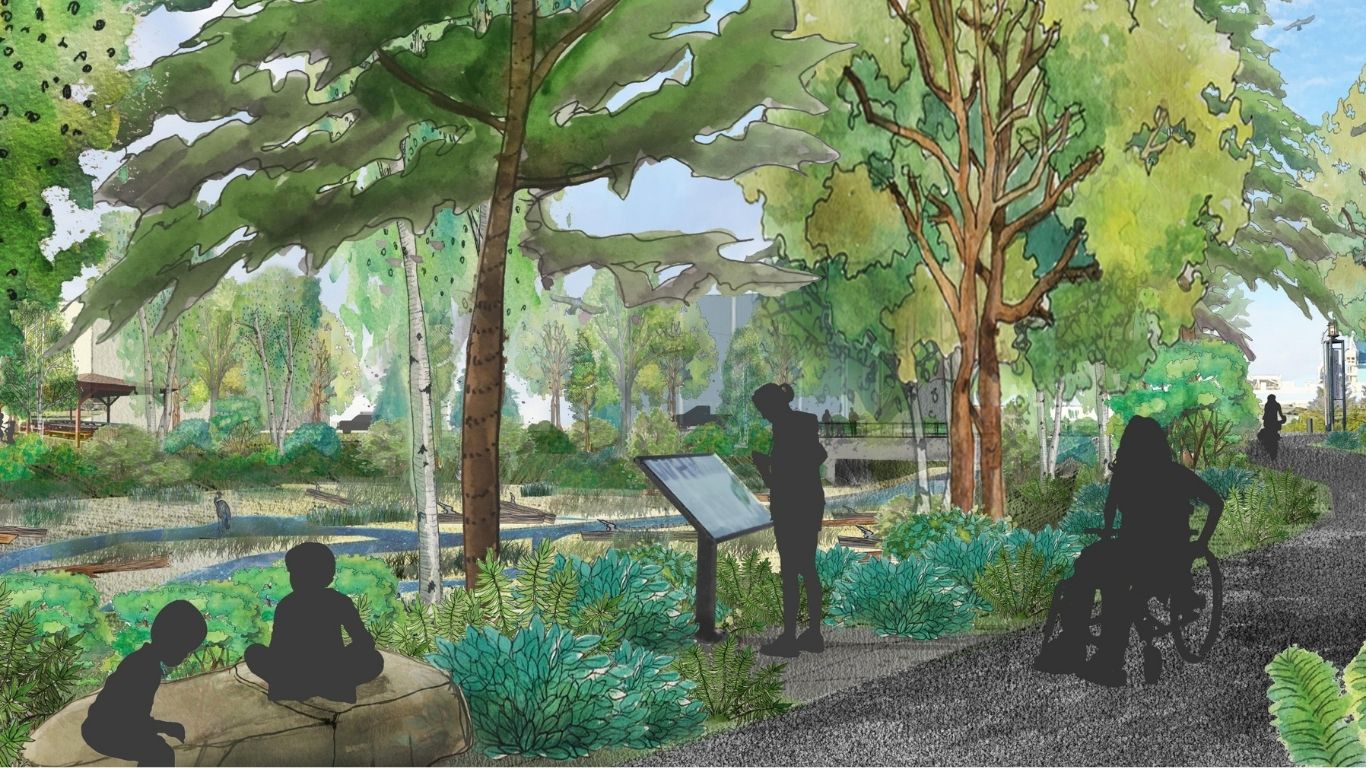Victory at WA State Supreme Court!
In our first case before the Washington State Supreme Court since 2017, Futurewise secured a landmark victory protecting farmland from speculation and development!
The Washington State Supreme Court ruled Thursday 9/19/24 that King County’s Adult Beverage Ordinance, originally passed in 2019, violated the State Environmental Policy Act (SEPA) and the Growth Management Act (GMA). This ruling upholds farmland and rural area protection in King County and sets precedent for future preservation statewide.
“We are pleased with the decision. The Court recognized that the Ordinance allowed for urban sprawl and the likely denigration of protected agricultural and rural lands — counter to the goals of the Growth Management Act.” — Serena Glover, Friends of Sammamish Valley Executive Director
“The Washington Supreme Court held that ordinance did not conserve working farms and salmon habitats. The court also held that the county did not consider the environment impacts of the developments it allowed. These holdings will increase protection for water quality, working farms, and rural areas statewide.” — Tim Trohimovich, Futurewise Director of Planning and Law
The Ordinance, originated by former King County District 3 Councilmember Kathy Lambert, was strongly opposed by farmers, rural and urban residents, local businesses, and environmental and community groups who argued that numerous negative impacts would result from opening protected resource lands and rural area residential neighborhoods across King County to adult beverage business retail activities such as tasting rooms, wine bars, taverns and event centers.
Futurewise partnered with Friends of Sammamish Valley (FoSV), alongside with other nonprofits, farmers, rural and urban residents, businesses, and community groups, to appeal the Adult Beverage Ordinance to the Growth Management Hearings Board in 2020. We contended the County failed to comply with legal requirements intended to ensure protection of agricultural lands, salmon habitat, open spaces, rural areas, and the environment. Futurewise identified numerous negative impacts that would result from opening protected resource lands and rural area residential neighborhoods across King County to tasting rooms, wine bars, taverns, and event centers.
The State Supreme Court ruling upheld the ruling from the Growth Management Hearings Board (GMHB) that the Ordinance failed the GMA mandate to protect farmland in numerous ways including allowing uses not linked to agriculture in the County, lack of protection of prime agricultural lands, and no protection against adverse impacts from nearby adult beverage businesses uses including events, according to the Board. The County argument that wine tasting is an agricultural experience was unpersuasive and the Board pointedly wrote it was like saying that “consuming a hamburger at a fast-food tasting room is an agriculturally-related experience if some portion of the meat, lettuce, tomato or other ingredient is produced onsite.”
The ruling upheld the GMHB ruling that agreed with FoSV and Futurewise that the Ordinance amounts to a de facto override of the Urban Growth Boundary established under the GMA, improperly allowing businesses which serve urban populations to set up shop in the Rural Area where there is no urban-level infrastructure” (e.g. sewer hookup, parking, sidewalks) and noted that “it is a [widely known] fact that land outside urban areas is less expensive, precisely because it does not have urban services and does have land use restrictions.”
The County’s repeated argument that the Ordinance is a mere tightening of pre-existing zoning designations was deemed as flawed. The GMHB had highlighted several areas where impacts of expansion were not considered, including repeal of the prior code provision that limits sales to products produced onsite, the reduction of lot size from 4.5 acres to 2.5 acres, and provisions that allow for the expansion on the number of events and exemptions from zoning limitations on events. The GMHB had concluded that development allowed by the ordinance is inconsistent with the character of the rural and agricultural areas of the county including open spaces, can pollute groundwater, reduce instream flows, and adversely impact fish and wildlife.
According to the American Farmland Trust, Washington state is in danger of losing 192,000 acres of farmland to sprawl by 2040 if current land use trends continue. The decision by the Washington Supreme Court will not only protect farmland in King County, but sets precedent for agricultural and rural land protection across the state.
“The Washington Supreme Court’s decision is as important for cities as it is for rural and agricultural areas. It ensures that urban infrastructure remains in urban areas and does not sprawl: exactly the reason the Growth Management Act was passed. Locally, it preserves the “country” in “Woodinville wine country” and protects a view of rural lands from nearby urban businesses. Countywide and statewide, it protects cities from migration of businesses to less expensive rural facilities. And it protects farmers in particular from the land speculation that results from that migration. Sprawl, benefitting a few people financially, hurts the rest of us and the environment. I am very grateful to the Supreme Court majority for the wisdom embodied in this decision.” — former Woodinville City Councilmember Susan Boundy-Sanders


